A soldier approaches VG outside the former president Bashar al-Assad's residence in central Damascus.
In his pocket, he carries a stack of photographs which he places on the ground.
These are private images, from vacations in the snow, at swimming pools, and at parties. Photos of Assad's life that the world has never seen before.
The photographs, and the life he led, stand in stark contrast to how most people in Syria lived under his rule: Oppression, imprisonments, torture, poverty, and millions forced to flee.

At the entrance to the Assad family's private residence, we are greeted by large living rooms, a library, and numerous bathrooms and kitchens. Thousands of documents, magazines, and books are scattered across the floors. Some furniture remains.
When the president fled to Russia, the doors to the residence were left open and unguarded before the rebels arrived. People helped themselves to luxury goods, clothing, furniture, lamps, jewelry, and anything else of value.

– We arrived here on Sunday. The residence was emptied and destroyed, says rebel soldier Abdulhakim Abo Alhaws, who is now guarding the property.
The house, which until Saturday was where Assad and his close family lived their daily lives, was built next to the home of his father—and former president—Hafez al-Assad.
The entire street where the houses are located was a restricted area. It also housed a garage complex with a range of luxury cars, large gardens, and high fences.
The contrast to the lives of ordinary Syrians could not be greater. On the ground floor, there is a large kitchen with sleek surfaces and a TV lounge.
The refrigerator, stoves, and TV are no longer there. The fish and water in the aquarium are also gone. On the living room floor lies a Monopoly game, puzzles, and the board game Risk. Part of a sofa remains overturned.

We ascend the stairs and are greeted by a gym with a treadmill. In the adjacent bathroom, the toilet is overturned, and the sink is shattered. Radiators have been attempted to be torn from the wall.
A large double bed is missing its mattresses. In the library, a torn painting of Assad hangs upside down. On some shelves, there are several personal photos; of small children, horses, and people on surfboards.
On the walls, it is written: «Your soul is cursed, Bashar».
But it wasn't just above ground where Assad could spend time. A dark staircase leads down to an underground tunnel system. Rebel soldier Abdulhakim shows the way. After a few hundred meters, through two large bomb-proof doors, we reach a bunker.

Equipped with eight large beds, a bathroom, kitchen, living room, and technical rooms. A sign on the wall points the way to Assad's residence. In the opposite direction, the arrow shows the way to his brother's house.
On the floor lies an album. Here are photographs of Assad's father, Hafez al-Assad, meeting, among others, Gorbachev and Boris Yeltsin.
– I was shocked when I saw all the luxury. I have never seen such things before. Beautiful furniture, clothes, and lamps, says Abdulhakim as he flips through the album.

He is from Idlib and lived there with his family in a tent. Most of his family lives in camps under poor conditions, he says.
-I don't know what to say about this luxury. The regime killed my father, my brother, and cousins on my mother's side. They were all killed during the first revolution against Assad, says Abdulhakim.
His story is not uncommon here.
While Assad and his inner circle lived behind high fences with a network of informers, secret police, and military forces, the lives of ordinary people were marked by poverty and fear.
On a hill on the outskirts of Damascus stands the presidential palace. It was here that Assad received foreign guests and state leaders.

Inside, the dimensions are enormous. Red carpets cover the floors. Large decorations and mosaics adorn the walls and ceilings. All portraits of the dictator have been torn down. Rows of armchairs and sofas line the space. Now, the place has been seized by the rebels.
– We live in this neighborhood. But we've never been able to get this close to these buildings. So it's surprising for us to see this, says Alaa Radawi (37). She is out to view the buildings from the outside. No curious onlookers are allowed inside.
– We lived in darkness and cold, there was no electricity. My children cried every night because of the cold in winter and the extreme heat in summer, she says. Everything Assad had, Alaa and her family lacked.
– We hate Assad. We want him and his family back from Moscow so he can face his punishment in the Sednaya torture prison. Only then will we gain our freedom, she says.
 VGs Kyrre Lien og Espen Rasmussen i Syria.
VGs Kyrre Lien og Espen Rasmussen i Syria.Khaled Bashashi bidro i felt til denne reportasjen.


 5 months ago
35
5 months ago
35





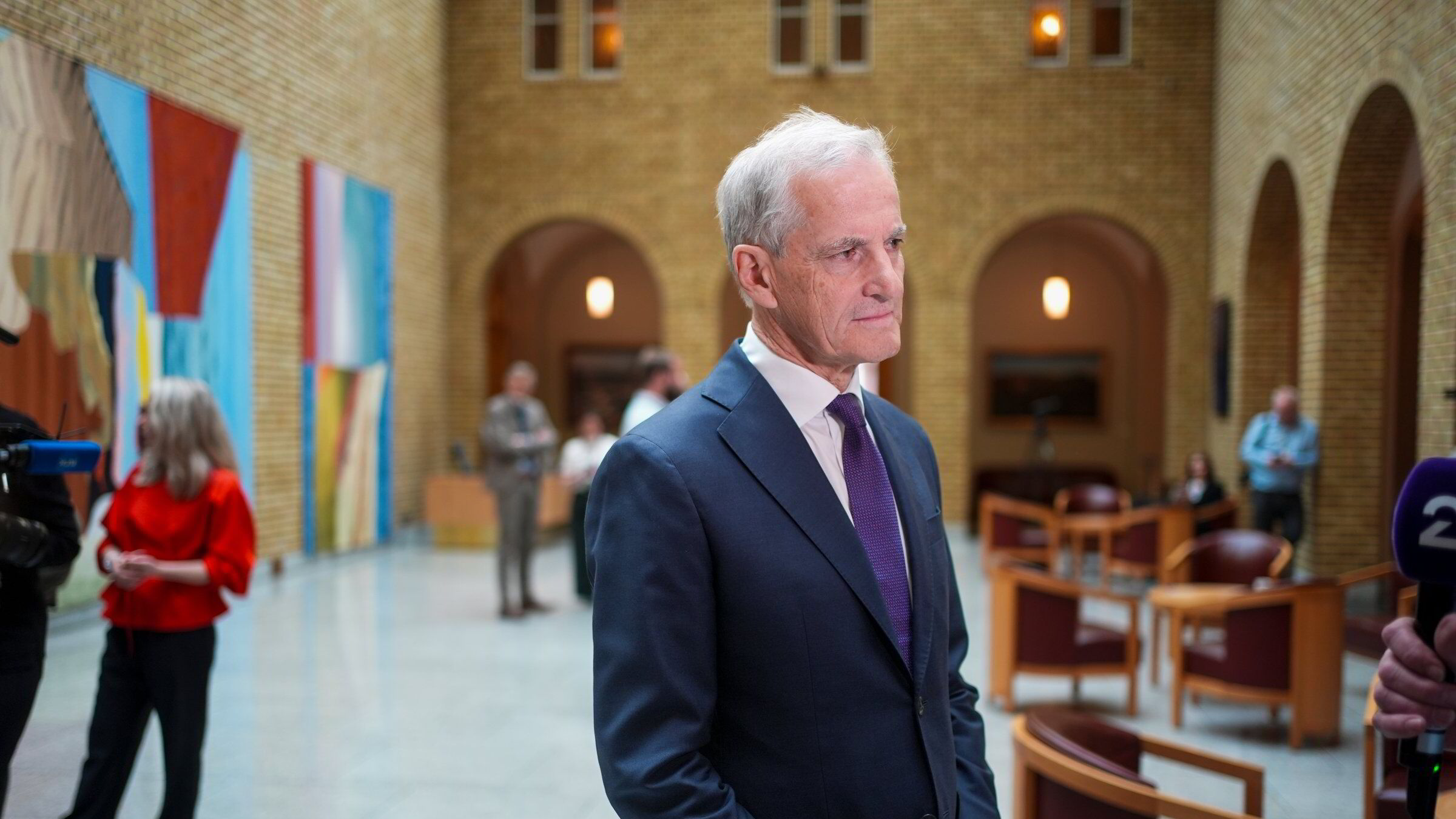


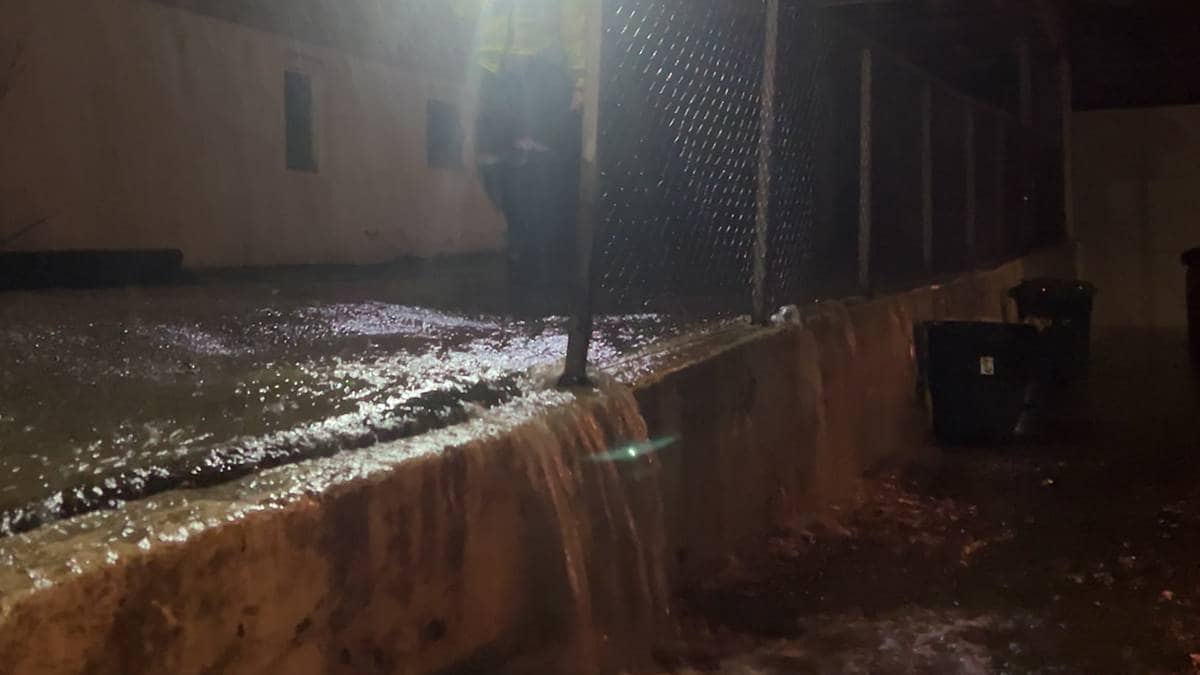


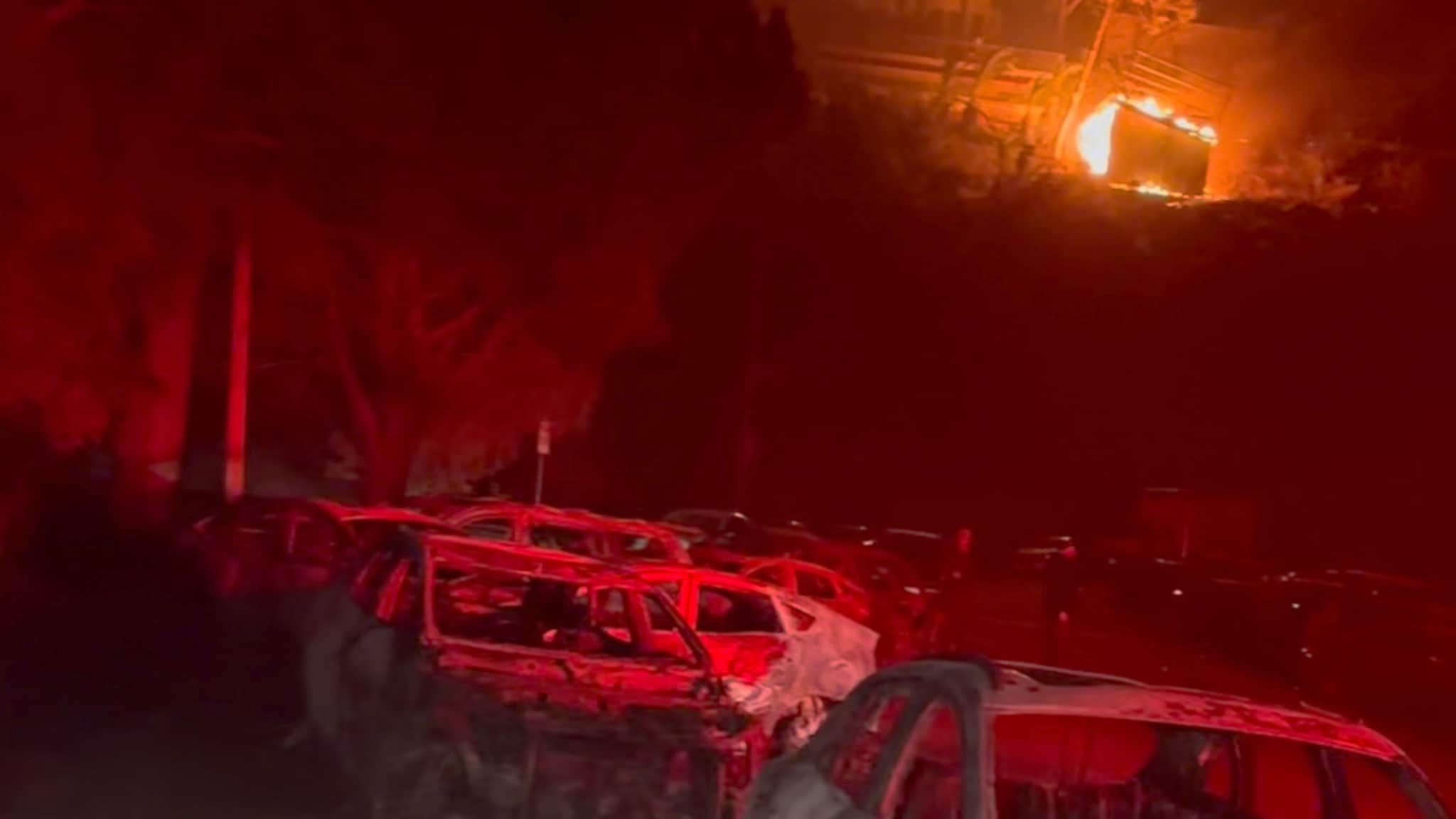










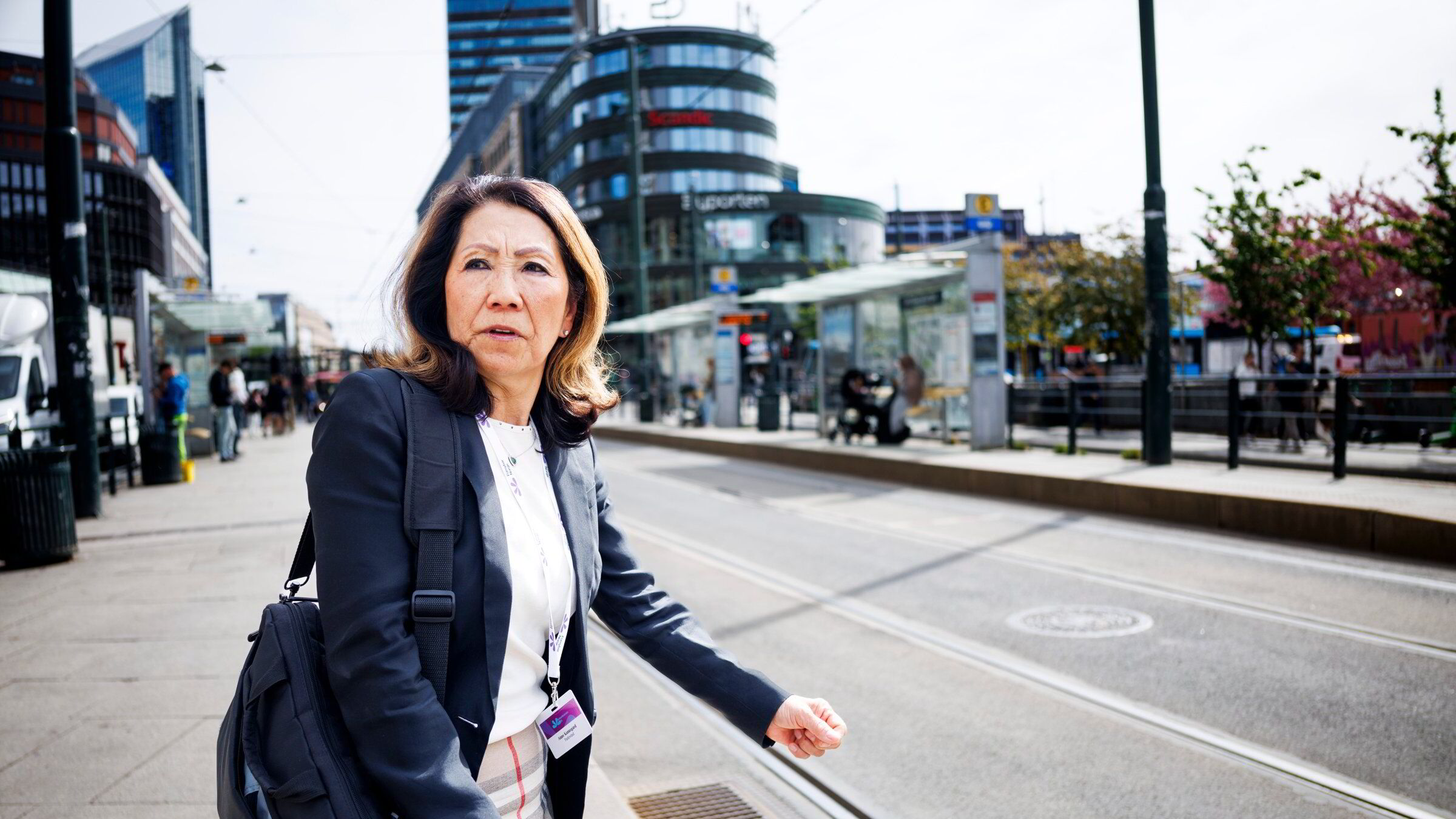
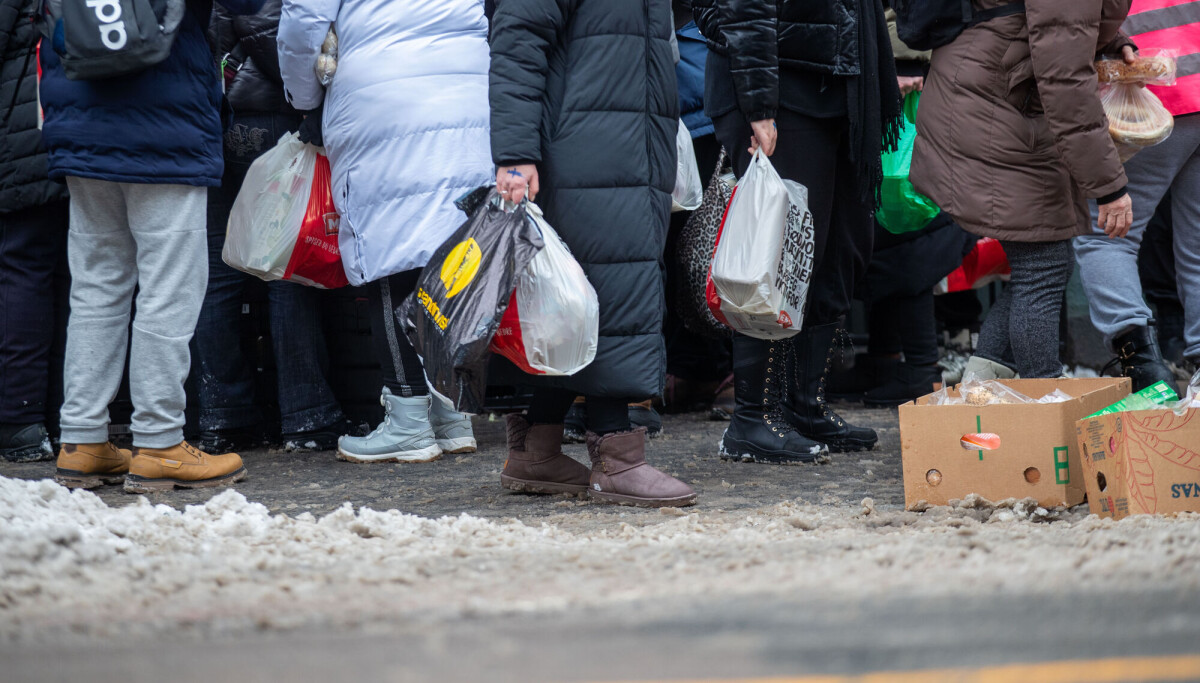

 English (US)
English (US)